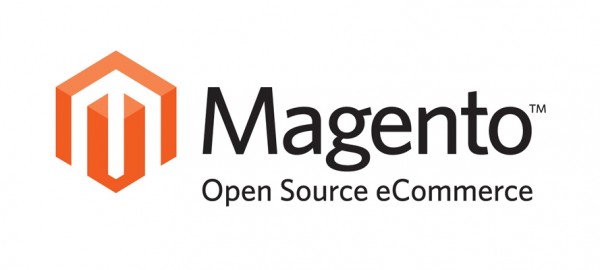Since its launch five years back, Magento has only been appreciated for bringing exponential change to the e-commerce business. Today, Magento is known as one of the best and most preferred content management system especially designed for e-commerce platforms. Magento is open source, it is user-friendly, it is robust and most importantly it is very flexible. Probably it won’t be wrong to say that its flexibility has earned it more admirers than many of its other features. Owned by eBay from 2011, Magento has always worked towards improving e-commerce websites. It has a modular architecture that lends to it its features of flexibility, scalability and adaptability. Today, more than 150,000 online retailers rely on Magento for their business and this goes to speak about its advantages.
Features That Make Magento A Great E-commerce Tool
- Flexibility: A list of Magneto’s advantages cannot be listed without mentioning about its flexibility. There are several user-friendly features in Magento that can be used by retailers according to the demands of their business. It gives retailers the flexibility to create catalogues as they wish, include diverse payment options if and when required, create an online merchant inventory etc.
- Open Source: Yes, Magento is open source and that makes it all the more exciting. As a web developer developing an e-commerce site, there is nothing better than using a platform that allows you to modify codes and create a very personalized store.
- Inexpensive: Apart from being flexible and open source, Magento is also quite inexpensive. Magento comes in various forms, such as Magento Go, Magento Enterprise and Magento Community. While Magento Go and Magento Enterprise have to be purchased (both at a very reasonable price), Magento Community is completely open source and free.
3 Option of Magento – 3 Ways to Flexibly Develop E-commerce Platforms
Magento Go
Magento Go is the perfect tool for small businesses planning on opening a modest e-commerce store. Magento Go is fully equipped to run an online store easily. Its user-friendliness can also be gauged by the fact that developers do not need to worry about installing software and administering any server. Among the other features include premium hosting, flexible design, powerful marketing tool, ability to access the Magento Connect App Store along with 24X7 support from the Magento team. All this and much more comes at an affordable price of $15 per month. A small business setup cannot ask for a better deal, can they?
Magento Enterprise
The Magento Enterprise is for businesses that have the money and are ready to spend a few extra bucks to get a premium e-commerce website. Once again flexibility is one of its priced features coupled with other features such as Reward Points, Gift Registry, Enhanced Customer Categorization and Targeting, Invitations, Events and Content Roll Back. Retailers and businesses can use Magento Enterprise to connect with customers, enabling them to understand buying and browsing habits. Magento Enterprise also allows developers to segregate items within the online store based on shopping habits and demography. It is after all just for nothing that some of the big names in the business are using Magento Enterprise to run their business. To get Magento Enterprise, you will have to dish out $14,420 per year.
Magento Community
Magento Community is for developers who like to add their own twist to an existing CMS. Yes, we are talking about Magento becoming completely open source in this version of Magento. Magento Community can be downloaded free of cost and it allows developers to alter the codes and add to the functionality of the already powerful platform. Magento Community is perfect for businesses that have their in-house development support team who can tweak the Magento codes and make their own desired changes. The only disadvantage of Magento Community is that the support that is freely available in the other two models is not available here. On the other hand, developers can always take the help of the large community who discuss and deliberate on various online forums. Magento Community is strictly for people who have the ability to run their e-commerce website with their in-house staff. Thus, a business that doesn’t have large manpower or additional resources cannot use Magento Community.
Mark Ross is a Magento Developer. He is working with MarkupBox providing PSD to Magento Conversion services. Follow him on twitter @MarkupBox.

3 Comments
Leave a Reply
Cancel reply
Leave a Reply
This site uses Akismet to reduce spam. Learn how your comment data is processed.


























































































































































































raj
August 11, 2013 at 10:15 am
If you are looking forward to start off with an E-commerce system, it’s better to start off with simple ones like Zencart or OScommerce rather than Magento as they are quite simpler to handle than that of Magento. However widely used eCommerce tool is Magento because of its flexibility & so many other but still it is difficult to handle comparing to Zencart or OScommerce.
Aimy Wilson
November 6, 2013 at 11:19 am
In my personal opinion Magento has only been respected for bringing exponential change to the e-commerce business
Aimy Wilson
November 6, 2013 at 11:30 am
In my personal opinion Magento has only been respected for bringing exponential change to the e-commerce business, it is great for either big or small businesses.